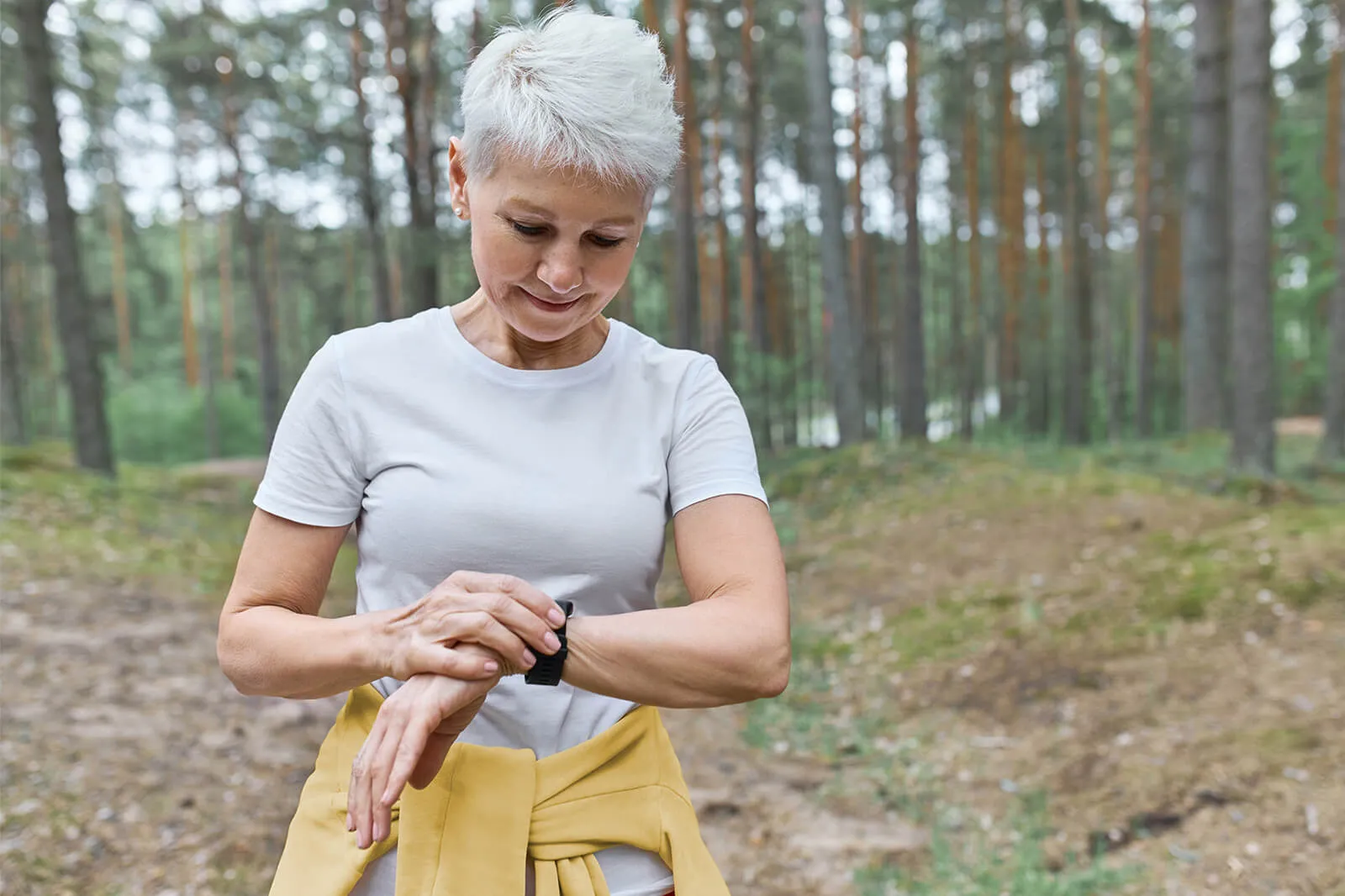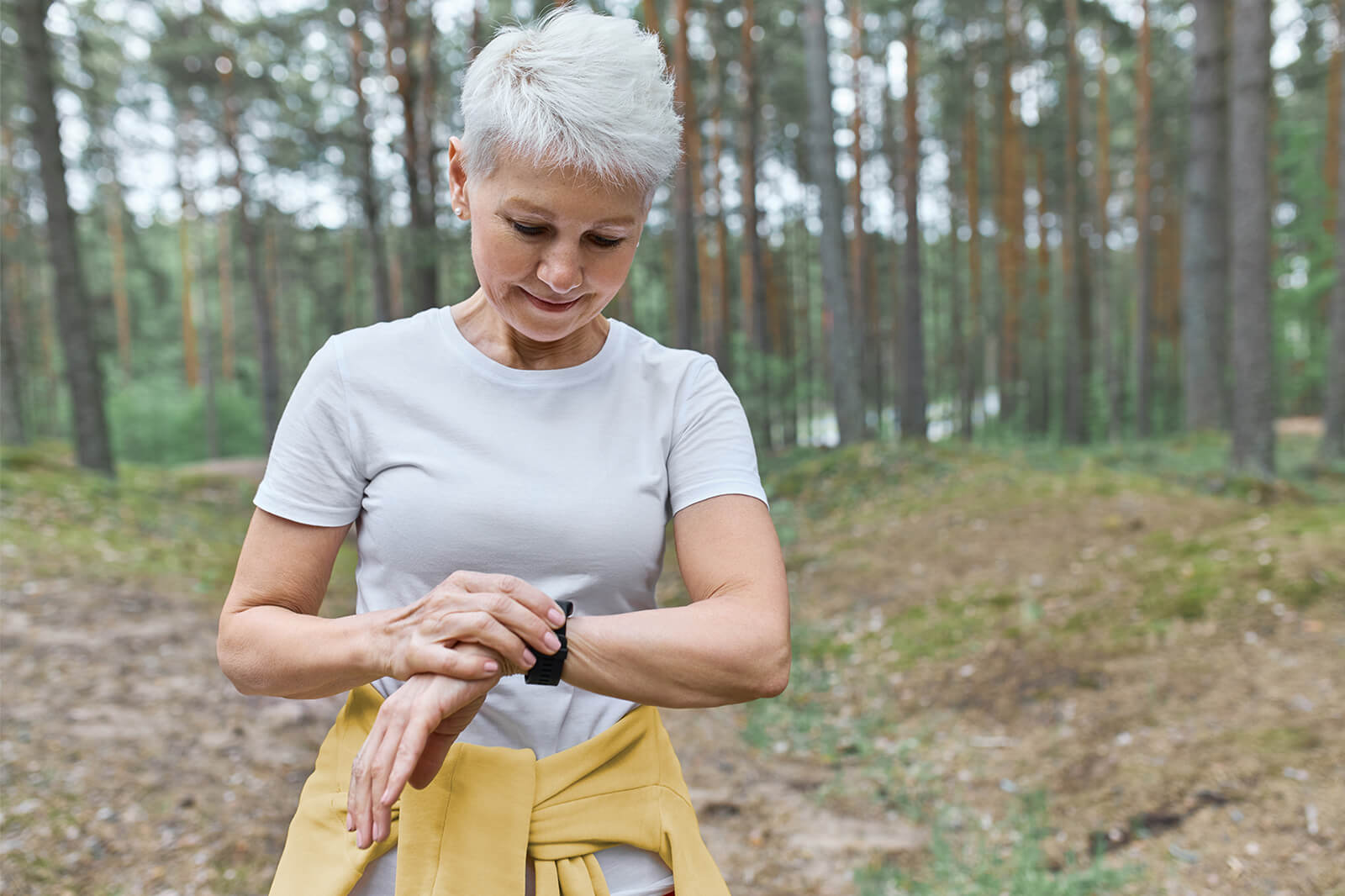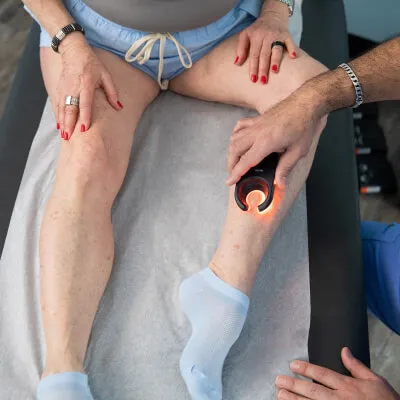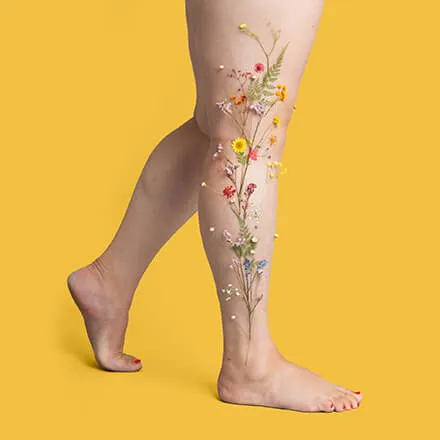Technology is changing the way we think about and manage our healthcare. Instead of waiting for problems to arise, we now have access to high-tech tools like wearables that can offer valuable insights about our daily wellness.
When it comes to vein health, devices like smartwatches and fitness trackers can provide us with lots of valuable information. Wearables can help us spot potential issues earlier, encourage habits that support healthy circulation, and work in conjunction with any vein treatments you might be receiving. Finally, wearables can help you be more proactive in taking care of your veins and your long-term health.
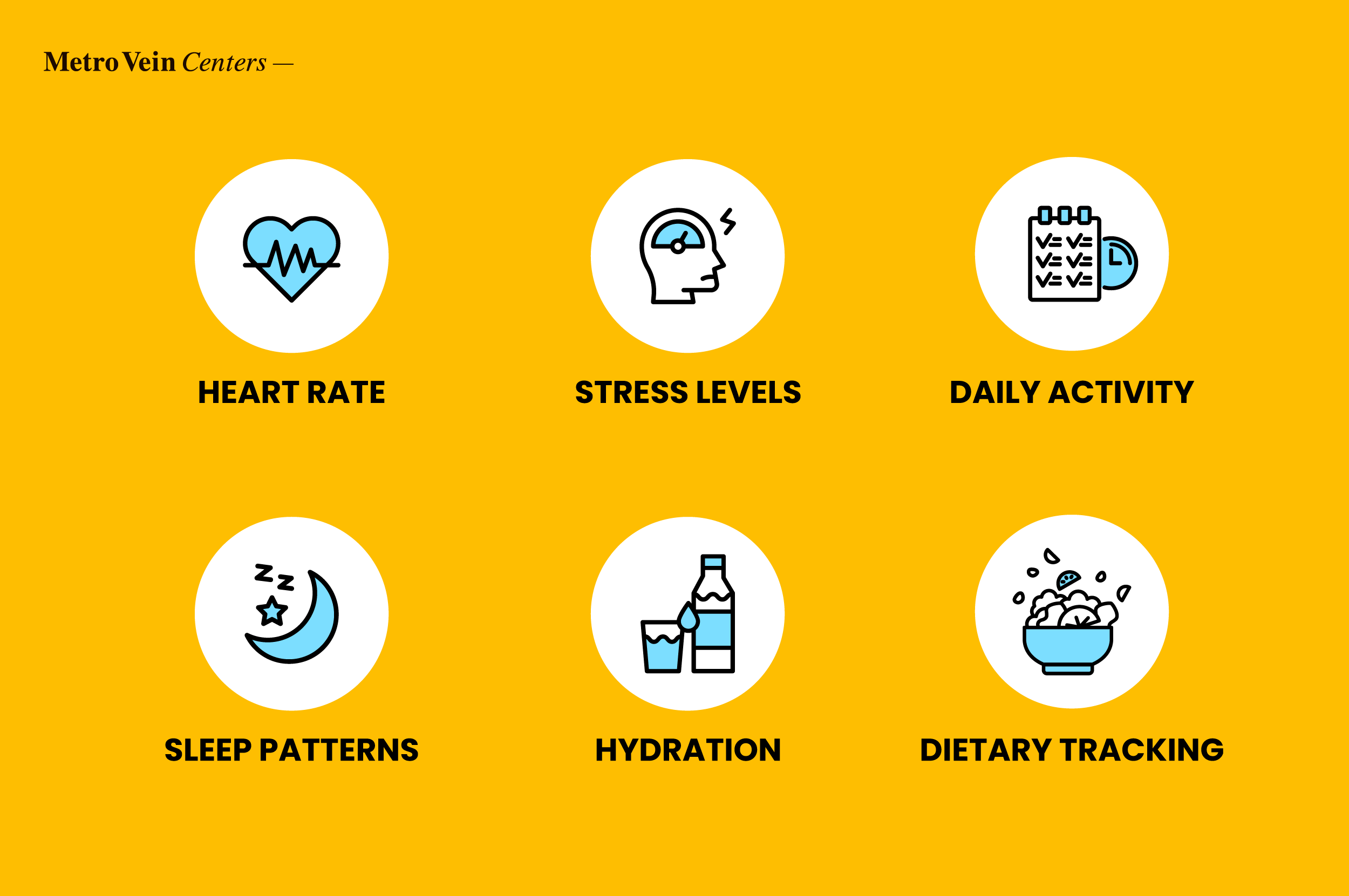
Fitness Trackers: Your Personal Wellness Dashboard
Popular fitness trackers like Oura, Apple Watch, and Fitbit offer a wide range of valuable data about how your body is functioning, providing valuable insights that can help you better manage your vein health. More than just counting your daily steps, these devices also monitor other key health metrics like:
- Heart Rate and Heart Rate Variability: These are your heart beats per minute and the amount of time between each heartbeat. They are both indicators of your physical and mental health.
- Stress Levels: Provides feedback about periods of stress (measured by pulse and heart rates.)
- Daily Activity: Tracks movement levels and encourages an active lifestyle.
- Sleep Patterns: Monitors sleep duration and quality.
- Hydration (via integration with smart water bottles): Encourages and tracks fluid intake.
- Dietary Tracking (through connected apps): Promotes mindful eating habits.
Tracking Physical Activity for Vein Health
Regular physical activity is directly related to vein health. The more active you are, the better your circulation, which lowers your risk of developing venous disease. Fitness trackers offer insights into your body's activity and recovery. A quicker recovery generally means you have a better cardiovascular fitness level. This feedback allows you to gradually increase your activity intensity and duration, and then observe how your body adapts and improves over time.
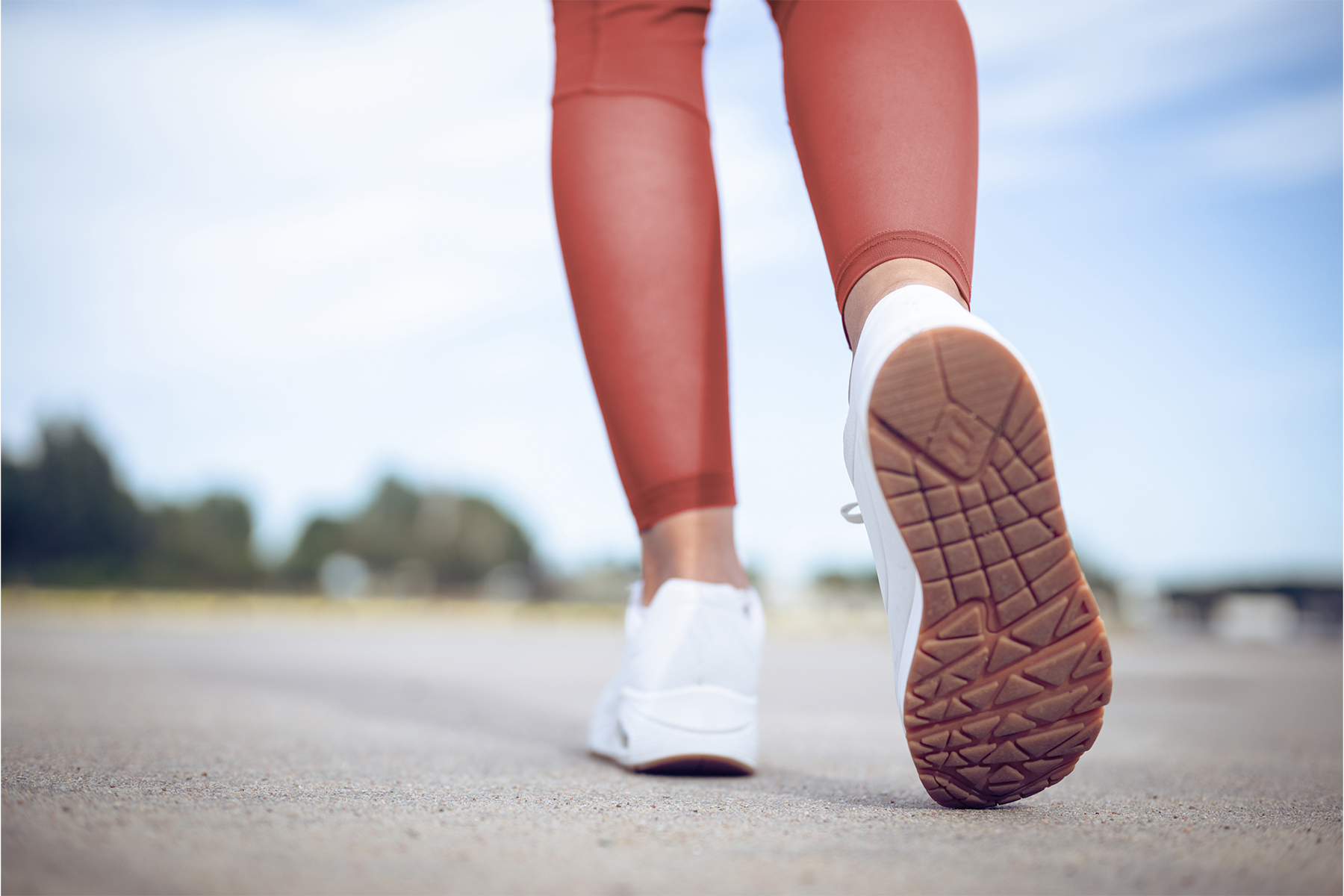
The Benefits of Walking
As we often advise our patients, walking is an excellent exercise for overall cardiovascular health, including those with chronic venous insufficiency and varicose veins. Use your fitness tracker to set achievable walking goals, gradually increasing distance and pace while monitoring your body's response.
Medical Monitoring Wearables: Keeping a Close Watch
Beyond fitness trackers, another category of wearables is medical monitoring wearables, which provide other physiological health metrics that directly relate to vascular health. These include:
Blood Pressure Monitors: Wearable blood pressure cuffs can help identify hypertension, a risk factor for vein disease.
Blood Glucose Monitors: Continuous glucose monitoring is essential for people with diabetes. People with diabetes are at a higher risk for developing vein disease, as chronically high blood sugar can damage the walls of vessels.
Body Temperature Monitors: While they are usually used for detecting illness, noticeable changes in body temperature can indicate underlying inflammation or infection.
Respiration Rate Monitors: Tracking your breathing patterns can provide information about your cardiovascular functioning and alert you to any potential respiratory issues.
These medical-grade wearables provide specific information about how the systems of your body are functioning, including vein health. Regular monitoring allows for early detection of potential vein health issues and can be a helpful tool in treating vascular disease.
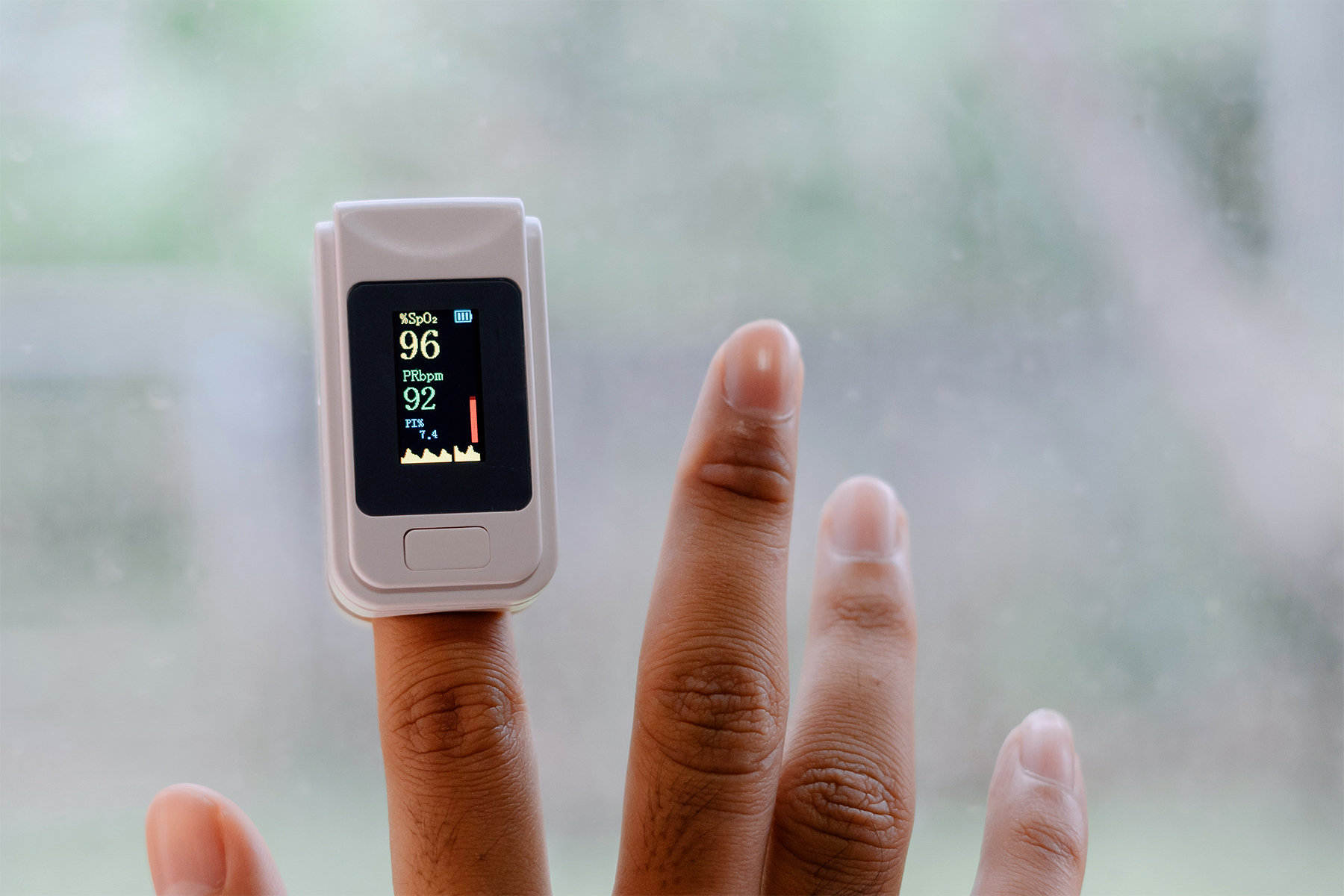
Vein Health Monitoring: The Next Frontier
The exciting future of wearable technology includes devices specifically made to monitor vein health and the effectiveness of treatment protocols. These include:
Wearable Pulse Oximeters: These devices can be worn on your wrist or finger and measure the oxygen saturation levels in your blood. This provides valuable information about circulation and how effectively oxygen is being delivered to your veins and organs. Consistent monitoring can help identify circulation issues early on.
Compression Garments with Sensors: Innovative compression garments with integrated sensors are being developed to monitor the pressure levels of the garments. The sensors provide real-time feedback on the effectiveness of the compression therapy, a common treatment for managing vein conditions.
Smart Insoles: Brands like Dr. Scholl's and Digitsole offer smart insoles equipped with sensors that analyze your posture and gait in real-time. This data can help identify factors contributing to venous pressure and discomfort, especially for individuals who spend long hours standing or walking.
These emerging technologies hold tremendous potential for managing vein health, allowing patients and healthcare providers to gain a more in-depth understanding of vein function and other health metrics, as well as monitor treatment effectiveness.
Conclusion
As new technology continues to evolve, expect wearables to play an even bigger role on your journey to optimal vein health and long-term wellness. By providing continuous, personalized data, these devices empower people to become proactive in managing their health. Whether it's learning from the information provided from fitness trackers to adopt a more active lifestyle, using medical wearables to monitor vital signs, or exploring vein-specific monitoring devices, these tools can empower you to become a healthier version of yourself.
Wearables offer valuable data, and when combined with expert advice, you can truly take control of your vein health. For a comprehensive assessment and personalized recommendations, schedule a free vein health evaluation with the experts at Metro Vein Centers.

Dr. Hugh Pabarue
Meet Dr. Hugh Pabarue M.D., a board-certified vein specialist with over 15 years of experience in Metro Detroit. Schedule an appointment with him in Macomb & St. Clair Shores today.
Meet Dr. Hugh Pabarue
Trusted insight from the nationally accredited, board-certified vein doctors at Metro Vein Centers.


